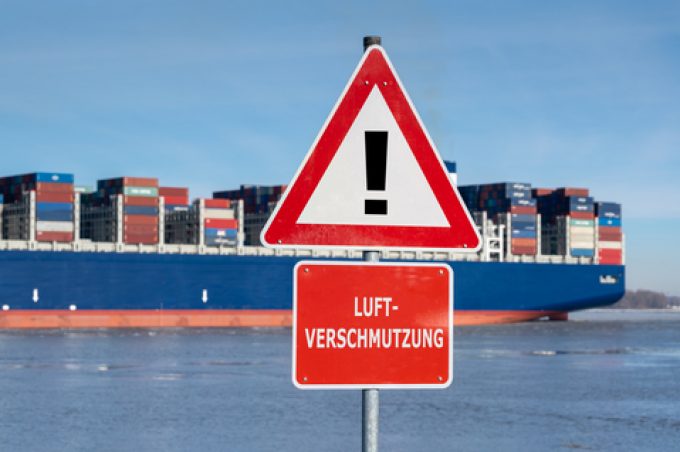The Loadstar explains: onboard carbon capture and storage
So, what’s new in fuels, then? Amid the battleground of future fuels, a new technology is ...
GM: RAISING THE ROOF GGM: IN FULL THROTTLE GZIM: MAERSK BOOST KNIN: READ-ACROSSMAERSK: NOT ENOUGHMAERSK: GUIDANCE UPGRADEZIM: ROLLERCOASTERCAT: HEAVY DUTYMAERSK: CATCHING UP PG: DESTOCKING PATTERNSPG: HEALTH CHECKWTC: THE FALLGXO: DEFENSIVE FWRD: RALLYING ON TAKEOVER TALKODFL: STEADY YIELDVW: NEW MODEL NEEDEDWTC: TAKING PROFIT
GM: RAISING THE ROOF GGM: IN FULL THROTTLE GZIM: MAERSK BOOST KNIN: READ-ACROSSMAERSK: NOT ENOUGHMAERSK: GUIDANCE UPGRADEZIM: ROLLERCOASTERCAT: HEAVY DUTYMAERSK: CATCHING UP PG: DESTOCKING PATTERNSPG: HEALTH CHECKWTC: THE FALLGXO: DEFENSIVE FWRD: RALLYING ON TAKEOVER TALKODFL: STEADY YIELDVW: NEW MODEL NEEDEDWTC: TAKING PROFIT

The much-anticipated FuelEU maritime initiative has been adopted by the European Council, heralding a far more conclusive campaign of ship emissions reduction than anything agreed at the IMO this month.
The new measures force passenger ships and container vessels to plug into shore power, running their systems on grid electricity, ensuring they will not emit exhaust gases while alongside.
The initiative is focused on so-called renewable fuels of non-biological origin (RFNBO), which can include green ammonia and green methanol. It also implies a hostility to biofuels, which, although they can be made using pure waste and residue streams, can also be manufactured with specially grown crops.
In apparent recognition of the much-greater CO2 threat posed by road transport, the EC is explicitly planning to reduce shipping’s proportion of biofuel.
The bill says: “The non-eligibility of food- and feed crop-based fuels for contributing to the objectives of this regulation also minimises any risk to the slowing down of decarbonisation of the transport sector, which could otherwise result from a shift of crop-based biofuels from road transport to maritime transport.
“It is essential to minimise such a shift, as road transport currently remains by far the most polluting transport sector, and maritime transport currently uses predominantly fuels of fossil origin.”
While not chasing the same percentages, FuelEU Maritime targets are certainly less ambiguous than the IMO’s targets, now nicknamed “indicative checkpoints”. The regulation requires the greenhouse gas (GHG) intensity of fuels be cut by 6% in 2030, 31% by 2040 and 80% by 2050 – based on an emissions average across the fleet in 2020.
This baseline is lower than the IMO’s reference of 2008 (940m tonnes of CO2e), owing to Covid-19 taking cruise vessels entirely off the board.
Aspiring to put together an industry framework for reducing GHG emissions, the IMO was hampered this month by robust opposition, mainly from China, causing a watering-down of climate commitments to the extent that they are more or less optional.
At the end of MEPC 80, Faig Abbasov, shipping programme director at Transport & Environment, called the MEPC result “a wishy-washy compromise” and predicted that the EU would go about setting up its own emissions strategies for shipping. He said: “Fortunately… the US, UK and the EU don’t have to wait for China, Brazil and Saudi Arabia to act.”
And in what appears to be a veiled reference to this, Raquel Sánchez Jiménez, the Spanish minister of transport, mobility and urban agenda, said: “The new [FuelEU Maritime] law will provide legal certainty for ship operators and fuel producers and help kick-start the large-scale production of sustainable maritime fuels, thus substantially delivering on our climate targets at European and global level.”
Comment on this article